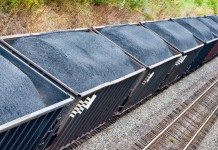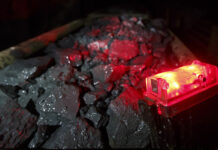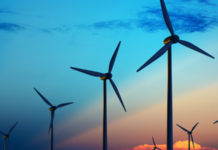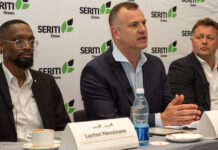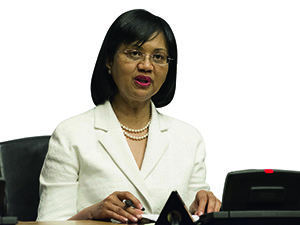
[miningmx.com] – SOUTH Africa can have a growing mining sector without having to add nuclear power to its energy mix, said Hilton Trollip, senior researcher at the University of Cape Town’s Energy Research Centre.
“As an energy planner, I know the South African electricity system very well,’ Trollip said, “… and we don’t need an extra 10 gigawatt of base-load power as energy minister Tina Joemat-Pettersson suggests.”
Trollip was invited by the Institute of Security Studies to address questions around South Africa’s nuclear energy project and if South Africa does in fact need nuclear energy at all.
He argued that the government is currently basing its energy needs analysis on an out-dated Integrated Resource Plan (IRP): the roadmap for South Africa’s electricity generation.
At the time of its promulgation in 2011, the Department of Energy agreed that the plan would be a “living” document which would be updated every two years.
A revised plan wasn’t forthcoming in 2013 as agreed, but in 2014 an updated document saw the light.
“In March 2014, the IRP was reviewed in which the need for nuclear energy was questioned. But subsequently the updated plan was either withdrawn or it disappeared. This means we are still using 2010 projections as the foundation to justify the procurement of nuclear energy.”
Trollip said that in 2007, the government estimated South Africa’s GDP would grow between 3.5% to 5%, but that has been revised downwards and there has been much lower demand for energy than originally thought.
“Last year, we used less electricity than in 2007. The revised demand projections suggest that no new base-load capacity is required until after 2025 and for lower demand it’s even later.”
The procurement if nuclear energy – government said arrangements would be in place at the end of this year to start the process – is done with unnecessary haste. “Government has made this commitment without mentioning the costs. Why the secrecy?”
Besides diminishing electricity demand, said Trollip, there are other alternatives to nuclear power, such as hydro electrical generating possibilities in the Zambezi River and renewables. “The power plan UCT has been working on shows categorically nuclear power is not required for base-load,” he said.
By committing to a nuclear energy built programme the South African government is moving against international trends.
“Nuclear energy is large and centralised and all over the world energy generation is becoming smaller and decentralised – just look at countries, such as Germany, France and the United States. The problem with nuclear is that you’ll have to commit far in advance, while other technologies offer much smaller increments.”
The building and upkeep of power stations come from electricity sales and if government fails to get enough money it has to bailout Eskom, said Trollip.
“This year Eskom received a R83bn bailout because Eskom couldn’t cover its capital costs via sales. What’s going to happen when we have nuclear power stations and a decrease in electricity demand?”






